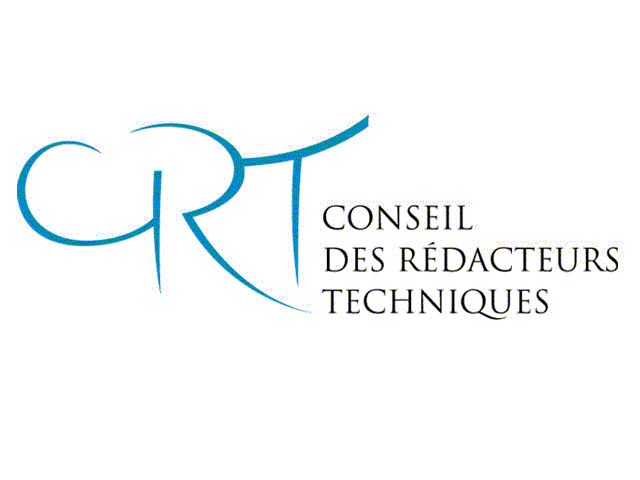
Dr. Thomas L. Warren's abstract
How We Educate Technical Communicators in the United States
During WWII, the weapons systems became complicated to the point where special documents were needed to install, repair, and use them. The job of being a technical writer emerged in the defense industry as a result. After the war, in the 1950s, interest in educating these writers lead to establishing academic programs in technical communication. The first graduate-level program was established at RPI in 1952, and the first undergraduate program was established at Carnegie Mellon in 1958. Since then many programs have developed, offering education leading to certificates and associate, bachelor, masters, and Ph.D. degrees. In 1973, when the Council for Programs in Technical and Scientific Communication (CPTSC) held its first meeting of directors of technical communication programs, 17 schools were identified as offering programs. In addition, approximately 10 to 12% of the STC membership identifies itself as being associated with academic programs-although not all these members work in programs that offer certificates or degrees in technical communication.
Curriculum
Students studying technical communication as a discipline currently mix study of theory of human communication with the practical application of that theory in projects. Frequently, the textbooks they use offer theoretical background to the instruction and require students to acknowledge that background through, for example, papers written to explain the project. A set of instructions for an operation is frequently accompanied by a document plan that explains the rhetorical strategies used in developing the instructions as well as target group analysis, document architecture, and media choice decisions.
Students at Oklahoma State University, for example, have courses that range from pure theory (theories of human communication) to pure practice (internships where they work as a technical communicator in business, industry, or at a campus agency). Some courses are focused on specific skills. Undergraduate students, for example, take a course in copyediting and graduate students take a course in project management (although they may also take the copy editing course). Other courses are focused on specific forms of technical communication (documentation, for example, is offered focusing on both paper and online). For information about the program, see our web page.
Idea Market Discussion Issues
With this as background, what do you think about how technical communicators are educated-in your country especially? How do you react to the following assertions:
- Technical communicators must have a technical background before working in industry, business, or government. The formal educational systems must supply that background as part of the degree programs.
- Professional technical communication societies must directly influence how technical communicators are educated through offering guest lecturers, internship opportunities, and participating on advisory committees.
- Professional technical communication societies should control the technical communication certification processes, including the decisions about what knowledge should be certified.
- Professional technical communication societies should certify formal educational programs.
- Professional technical communication societies should offer continuing education for the technical communicator rather than the formal educational system.
About Dr. Thomas L. Warren
Dr. Thomas L. Warren, Professor of English and former Director of the Technical Writing Program, is a Fellow in both the Society for Technical Communication (STC) and The Association of Teachers of Technical Writing (ATTW). He has recently been awarded the Jay Gould Award for Teaching by STC. He is past-president of INTECOM and past-president of the Erik J. Visser Fund Foundation, His research and publications relate to cross-cultural communication, theories of technical communication, reader analysis, and visual theory.
He initiated the technical writing degree program at Oklahoma State University
in 1978. This program offers bachelor (4 year), masters (5th year), and
Ph.D. work in technical communication. He regularly presents papers at
conferences in both the US and Europe, and presents talks on technical
communication at universities in England, Sweden, Germany, and Denmark.
He is a guest professor at the University of Paderborn, Germany, lecturing
on technical communications, scholarly publications, and presenting technical
information at technical conferences.